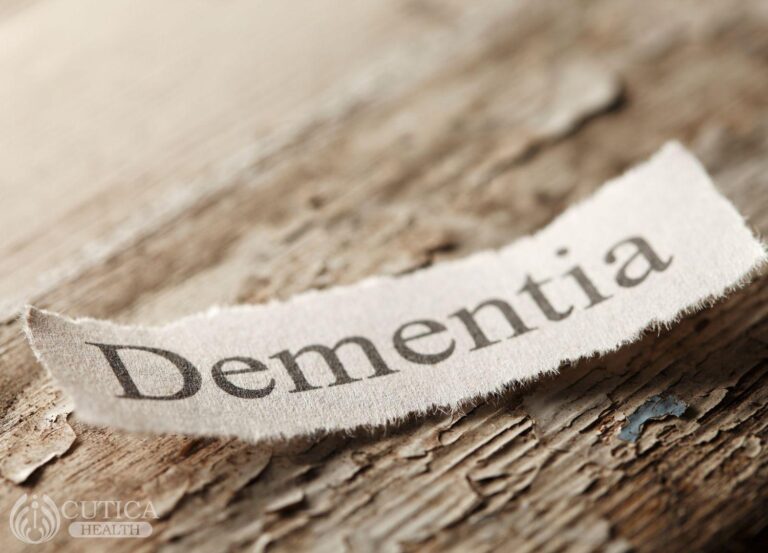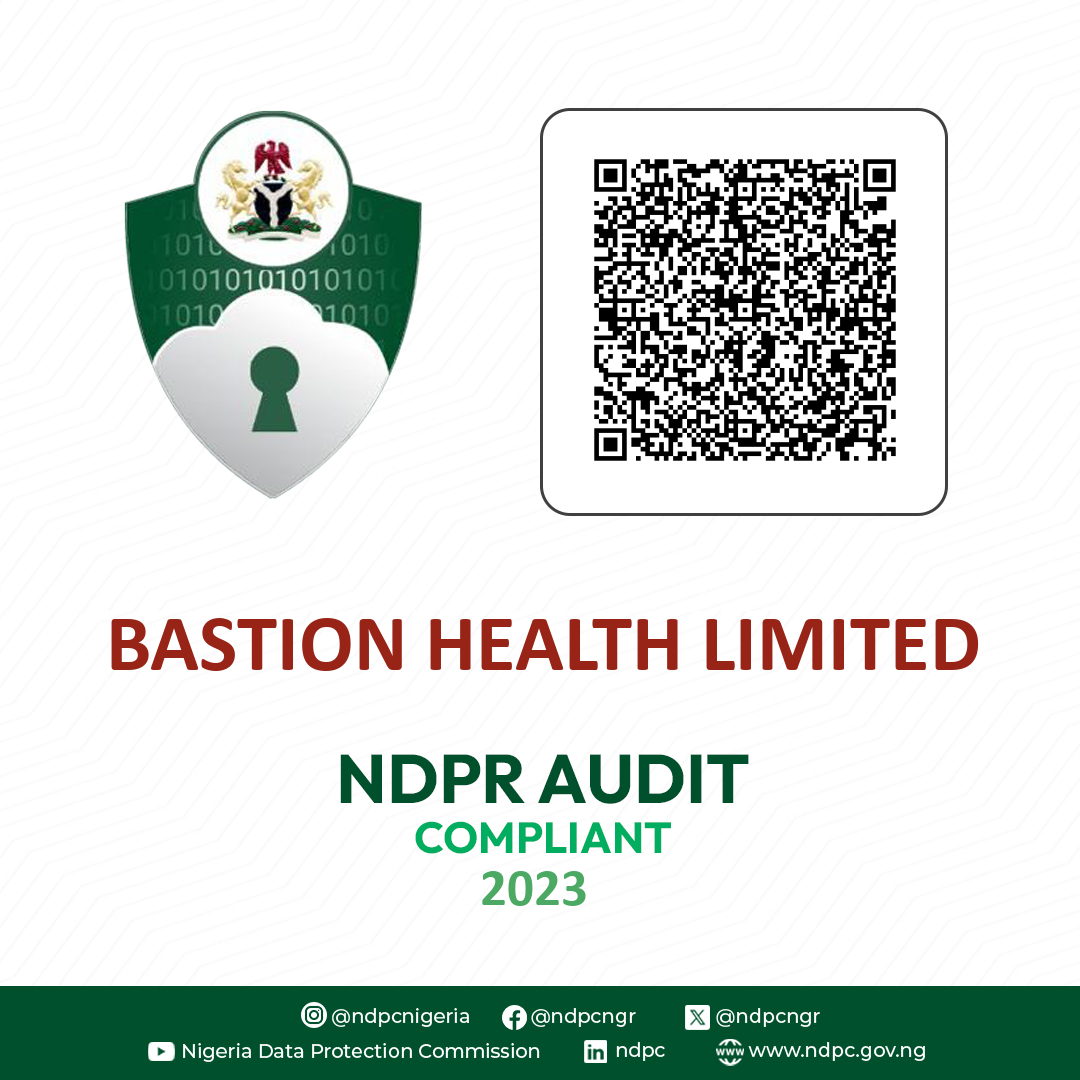Psychosomatism: Physical Symptoms Caused By My Mind
“Labake has been having continuous terrible headaches. Her heart starts racing out of the blue and she experiences terrible chest pains. She’s convinced she has a chronic disorder of some sort, maybe hypertension or another heart disease. But her doctor says her symptoms are psychosomatic, what does that even mean?”
The word psychosomatic is derived from a combination of two words: psyche (meaning mind) and soma (meaning body). Psychosomatism occurs when a person experiences physical symptoms not caused by underlying medical issues. Experts have argued that most diseases are psychosomatic as the symptoms of physical illnesses can be worsened by mental stress and disorders such as anxiety.

Are these symptoms real?
Psychosomatic symptoms can seem fake or imaginary but they are not. These symptoms can be severe enough to cause the sufferer to seek medical help. However, they often don’t get the help they need because they believe their symptoms are caused by physical diseases. Medical tests will reveal no underlying cause and so they have to deal with the pain.
On the other hand, mental health factors such as anxiety can also make physical illnesses such as hypertension and stomach ulcer worse.
What are the common psychosomatic symptoms you might experience?
Understanding the common signs and symptoms to watch out for can make a world of difference for you. It can ensure you don’t suffer needlessly and get an early and accurate diagnosis. Some of these symptoms include:
- Headaches and migraines
- Dizziness
- Fatigue
- Digestive issues such as diarrhoea, indigestion and ulcers
- Hypertension and increased heart rate
- Fatigue
- Sleep disorders such as insomnia
- Respiratory problems such as shortness of breath or difficulty breathing
- Skin rash

Please note that having these symptoms does not mean you have psychosomatism but these symptoms typically occur in psychosomatic disorders. In addition to these symptoms, you might also feel irritated and angry because no one seems to understand or take your symptoms seriously. You might also find it difficult to juggle these symptoms alongside work or school.
What causes these symptoms?
The most commonly fingered cause of psychosomatic symptoms is stress. While this is not a concrete cause, experts believe that high levels of stress cause a dysfunction in the body that might trigger the appearance of these symptoms. They might serve as a signal to show that your body is under severe stress and about to breakdown.
Other risk factors include:
- Substance use or abuse
- Other psychological disorders such as depression and anxiety
- Major life changes or loss of a loved one
- Troubled or chaotic lifestyle
- Unemployment
- History of sexual assault
- Childhood neglect and abandonment

Does gender and age play a role?
Psychosomatic symptoms may be expressed differently in people of different ages as well as among the different genders. Children may complain of stomach aches and headaches while teens and the elderly may exhibit signs of depression. Men and women also report different symptoms. Women often report fatigue, bloating, irritability and changes in their menstrual cycle. Men, on the other hand, experience chest pain, changes in sex drive, and increase in blood pressure.
How is it treated?
If you frequently experience physical symptoms that seem to have no ties to any physical disorders, your doctor might ask that you see a psychologist/psychiatrist. Treatment involves talk therapy and medicines to treat the symptoms and help you feel better.
Conclusion

Psychosomatic symptoms are not all in your head, they can be destabilizing and affect your performance at school and work. Seek help for your symptoms and suggest psychosomatism to your doctor if necessary.













